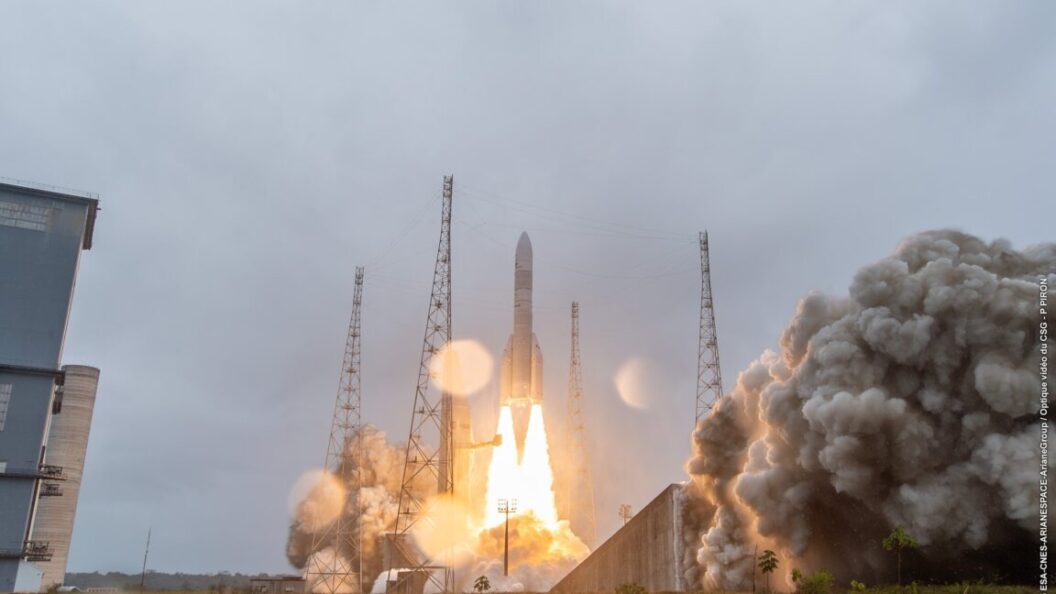Ariane 6 Launch Foreshadows Europe’s Strategic Independence in Space
The recent successful flight of the Ariane 6 rocket marks a significant milestone for Europe’s space ambitions after facing delays and budget overruns. Technically complex, the Ariane 6 incorporates an Auxiliary Power Unit (APU) that helps maintain crucial operations within its cryogenic propellant tanks and stabilizes the rocket’s position in space. The first operational success of this rocket is timely, as global geopolitical dynamics prompt European leaders to seek greater autonomy in space exploration.
A Critical Need for European Sovereignty
Philippe Baptiste, France’s minister for research and higher education, underscored the strategic importance of the Ariane 6 during a post-launch press conference. He emphasized that the successful launch epitomizes “proof of our space sovereignty,” reflecting a growing sentiment among European stakeholders that reliance on the United States is no longer tenable. This sentiment is heightened by concerns over shifting U.S. foreign policy, particularly under the potential return of former President Donald Trump, whose administration has signaled intentions that could reshape international partnerships in space.
Baptiste’s remarks resonated with many European leaders. He articulated concerns about possible repercussions on research and commercial collaborations with the U.S., pointing to Elon Musk’s influence over programs like the International Space Station (ISS). He explained, “If we want to maintain our independence, ensure our security, and preserve our sovereignty, we must equip ourselves with the means for strategic autonomy, and space is an essential part of this.”
European Leaders Echoing Security Concerns
Baptiste’s insights align with broader worries expressed across Europe, particularly in light of Donald Trump’s recent foreign policy pronouncements. French President Emmanuel Macron has indicated that "the French are legitimately worried" about European security After the Trump administration’s reversal of U.S. support for Ukraine in light of ongoing tensions with Russia. This geopolitical context adds urgency to Europe’s desire to foster its own space capabilities.
Challenges and Expectations Ahead
Despite the excitement around the Ariane 6’s first operational success, the rocket has been subject to criticisms regarding its exorbitant costs and construction delays. The importance of this launch is magnified against the backdrop of escalating global tensions, prompting European officials to call for greater collaboration and investment in their own space capabilities beyond just this launch.
The success of Ariane 6 could serve as a catalyst for increased funding and support for Europe’s independent space initiatives, and indeed, for the establishment of a collective European strategy in space exploration.
The Implications of Ariane 6’s Success
The Ariane 6 launch not only showcases technological advancement but also represents a pivotal shift in how Europe envisions its role on the global stage amid uncertainties stemming from U.S. domestic and foreign policy. As Europe grapples with questions of security and strategic autonomy, Ariane 6 could very well be the linchpin in redefining its position as a key player in space.
The broader implications of this development are profound: it emphasizes a growing trend toward self-reliance in capabilities essential for national security and scientific advancements. As events unfold, the trajectory of the Ariane program may establish precedents for future international cooperation or competition in space—one that could be driven by a combination of necessity and opportunity as nations reassess their dependencies in an increasingly polarized world.









